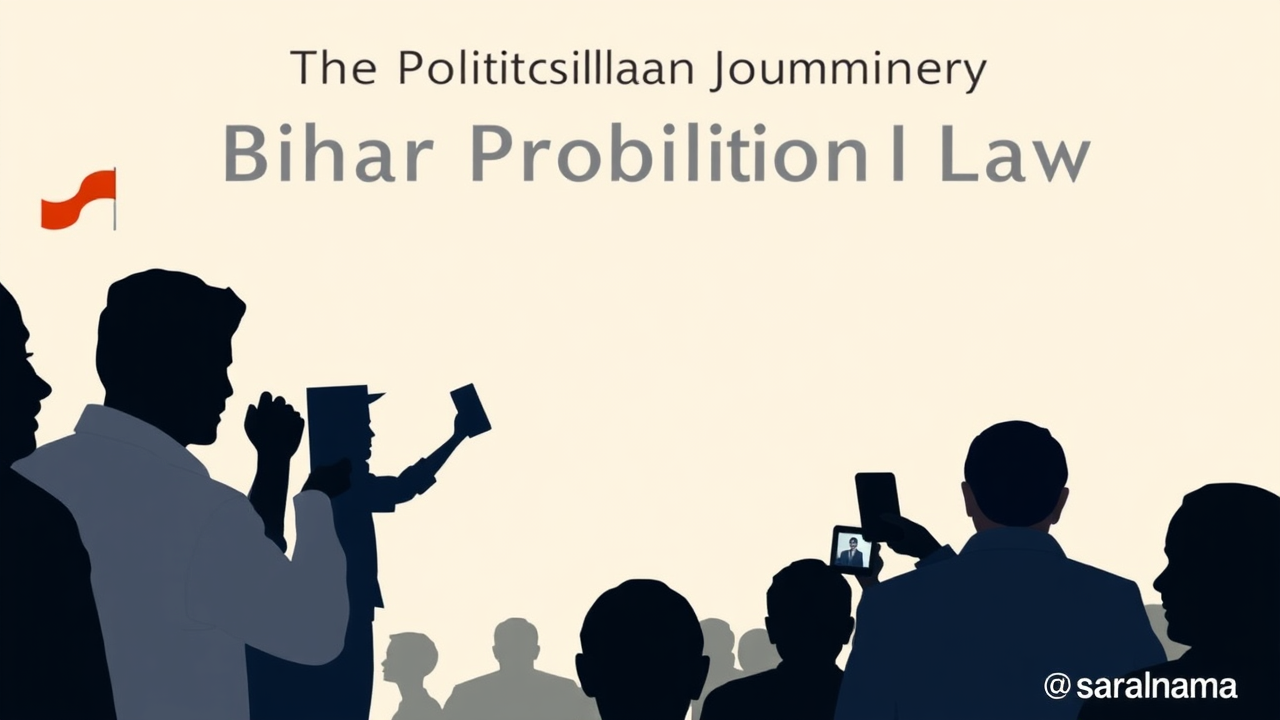The prohibition law in Bihar has become a sensitive topic in the state's elections, with parties taking sharply different positions. While Jan Suraaj has pledged to scrap the ban immediately and the Mahagathbandhan promises a review, the JD(U), whose leader Nitish Kumar implemented the law, remains silent. The Mahagathbandhan manifesto released on Tuesday commits to reviewing the Prohibition and Excise Act and removing the ban on toddy. It also promises relief for Dalits and poor people jailed under the law. Over 12.79 lakh people have been arrested in nine years, with more than 85 percent from Scheduled Castes, EBCs, and OBCs. Opposition candidate Tejashwi Yadav has highlighted the livelihood losses, especially for toddy-selling communities. Jan Suraaj founder Prashant Kishor claims he will lift the ban within 15 minutes of taking power, calling the law a total failure that has created an illicit economy worth Rs 20,000 crore annually. The JD(U) and BJP, however, defend the law, citing improved quality of life and reduced domestic violence. Rural women have been the strongest supporters, with reports showing 21 lakh women experienced zero domestic violence post-ban. Yet enforcement challenges, hooch tragedies claiming over 300 lives, and court congestion have undermined the law's credibility.

The Political Journey of Bihar's Prohibition Law
Nitish Kumar introduced prohibition in April 2016 when heading a Mahagathbandhan government, following a sweeping victory in 2015 alongside Lalu Prasad. The liquor ban was seen as a national platform for Nitish, enhancing his credentials against Prime Minister Modi's development narrative. Initially, a partial ban was enforced on April 5, 2016, excluding countrymade spirits and toddy. After protests by women from self-help groups, a total ban was announced on April 6, 2016. Ironically, Nitish had earlier introduced a liberalized liquor policy in 2005, boosting state revenue from Rs 500 crore to over Rs 5,000 crore by 2015. The RJD, with its OBC Yadav base linked to liquor trade, was hesitant but Nitish secured support from both Houses and the BJP. He invoked Mahatma Gandhi, quoting the leader's view of drinking as a social evil.
Enforcement Challenges and Limited Electoral Gains
Despite initial popularity among rural women, the prohibition law brought no significant political advantage to the JD(U). In the 2020 Assembly elections, the party's tally dropped from 71 to 43 seats, nearly half the BJP's count. Enforcement has been problematic, with former Chief Justice N V Ramana remarking in December 2021 that the law lacked administrative foresight and clogged courts. The government introduced multiple amendments, including waiving arrests for first-time drinkers and imposing community fines. Over 300 deaths from hooch tragedies have further embarrassed the administration. Nitish once said in the Assembly that drinkers deserve their fate, but in April 2023 announced Rs 4 lakh compensation for victims' families since 2016. The porous Indo-Nepal border and limited police personnel continue to hamper enforcement efforts.
Opposing Stands in the Current Election Campaign
The Mahagathbandhan manifesto promises to review the prohibition law and lift the toddy ban, with immediate relief for Dalits and poor people in jail. Tejashwi Yadav emphasized the loss of livelihoods for communities dependent on toddy for generations. Prashant Kishor has been the most vocal critic, stating he would abolish the ban within 15 minutes and calling it unenforceable based on global evidence. He claims the law created an illicit economy worth Rs 20,000 crore annually. The RJD spokesperson said prohibition has become a burden for the NDA, as Nitish can neither claim full enforcement nor lift the ban. JD(U) and BJP leaders defend the law, citing quality of life improvements and a 2024 Lancet report showing 21 lakh women reporting zero domestic violence after the ban.
Source: Link
